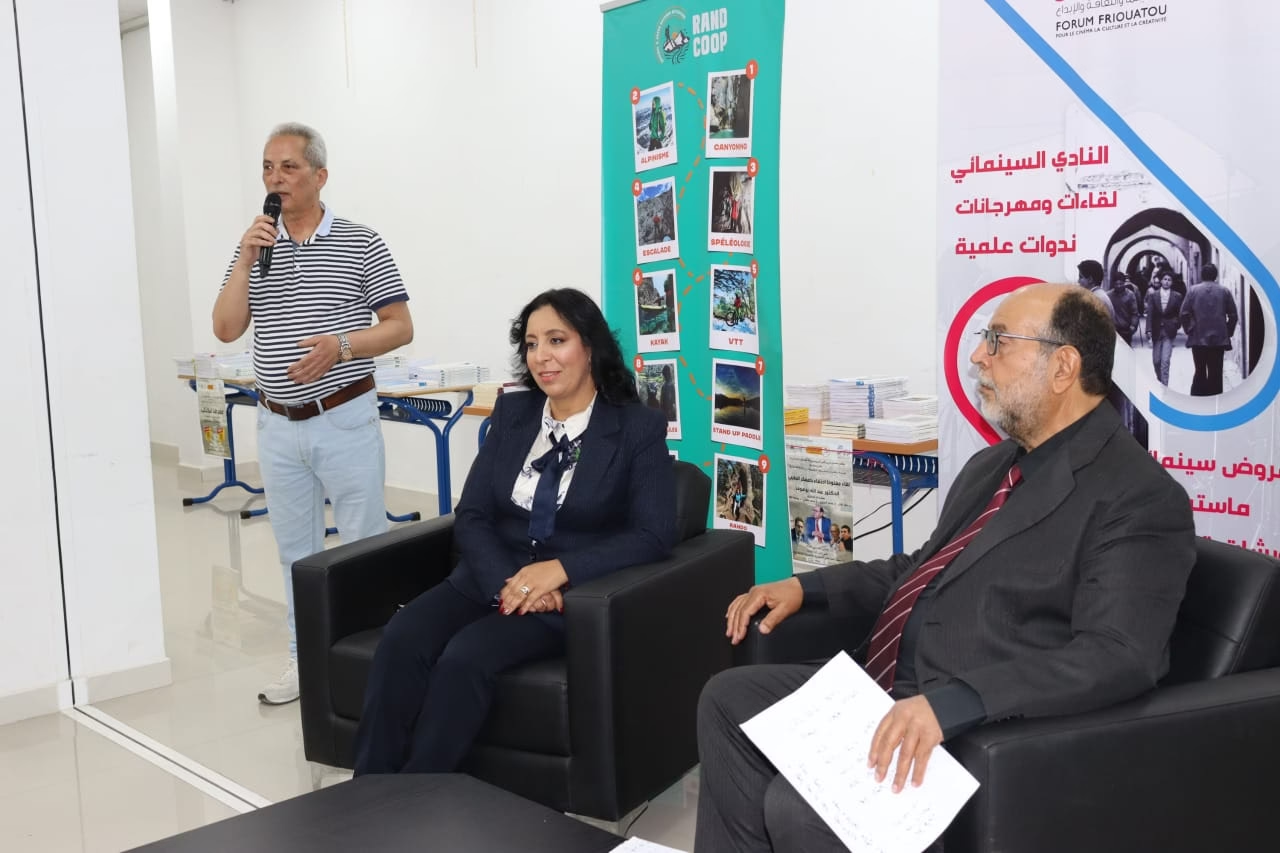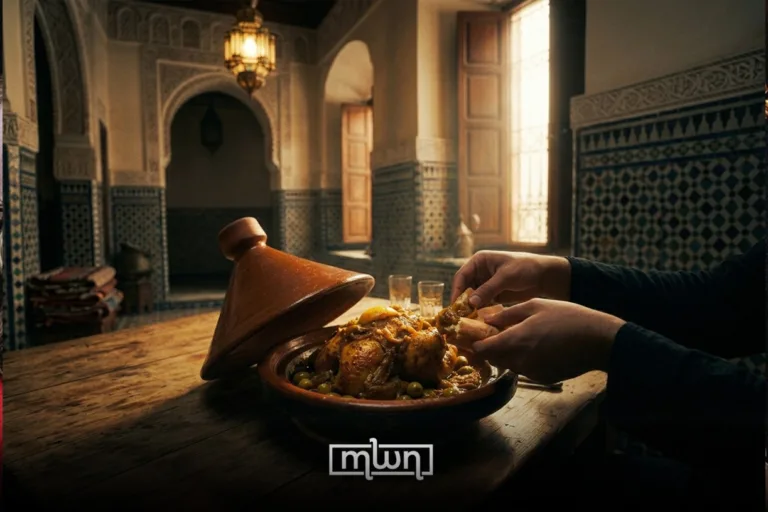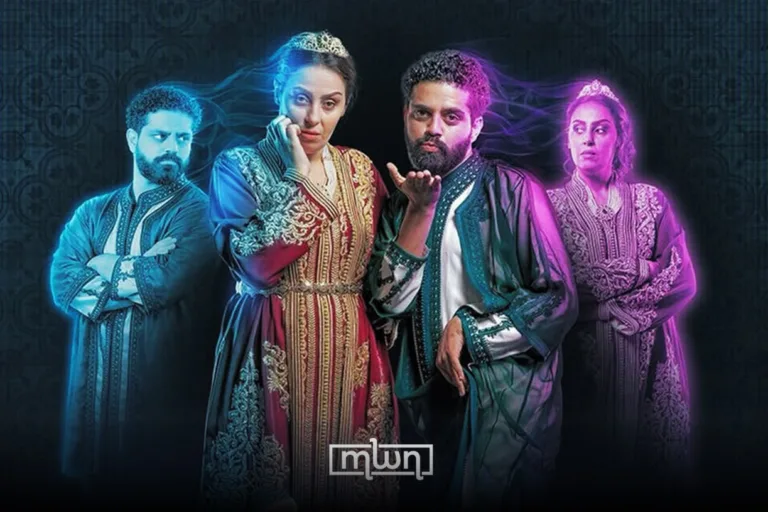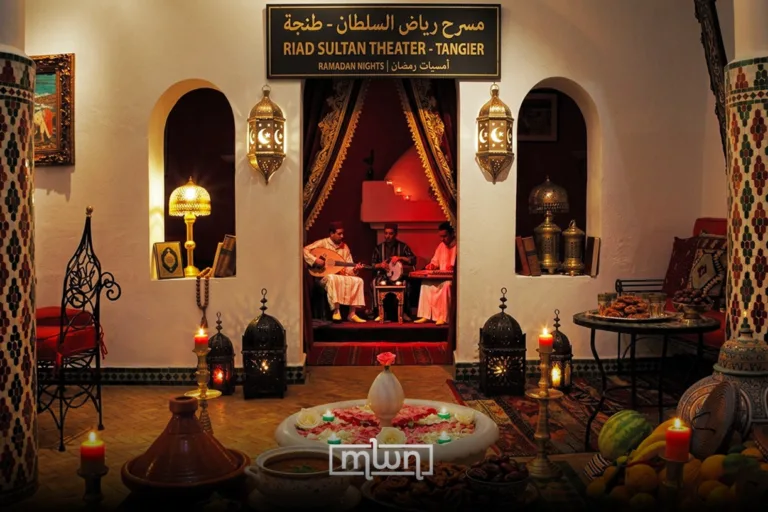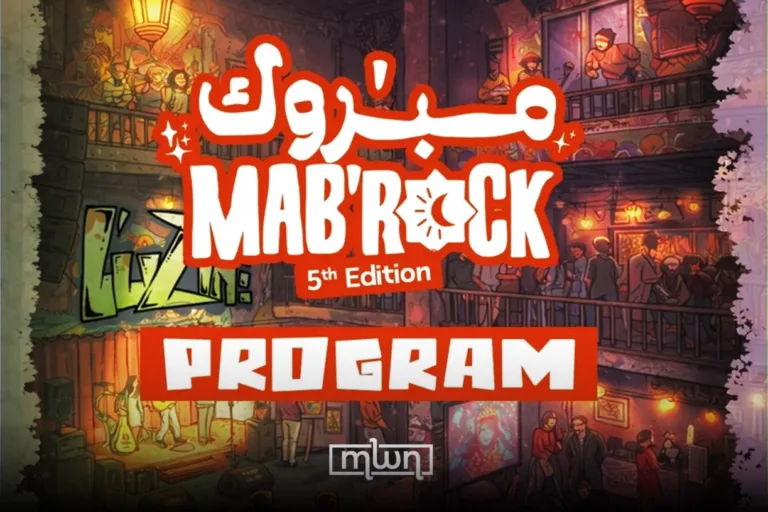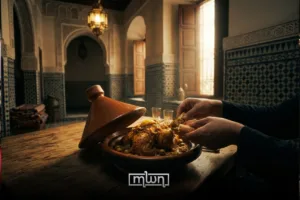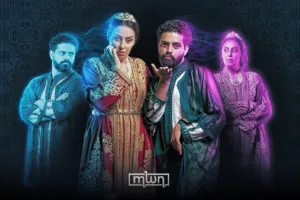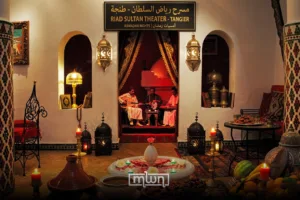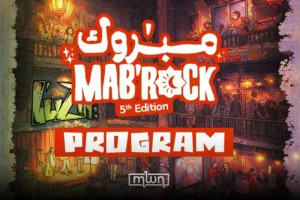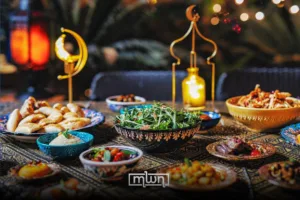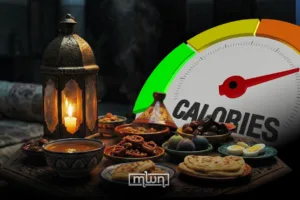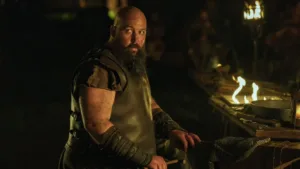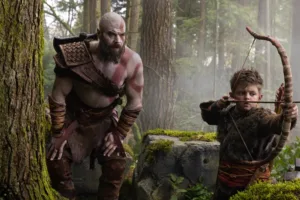Taza just reclaimed its cultural voice with the launch of its first-ever Cultural Week.
Fez – From May 24 to 30,, the city of Taza witnessed the launch of an unprecedented event: the first edition of Taza Cultural Week, organized by the Forum Friouato for Cinema, Culture and Creation, in partnership with the Bahitoune Foundation and with the support of the Ministry of Culture’s provincial delegation.
This week-long celebration aimed to reposition Taza as a vibrant center of artistic and intellectual life in Morocco.
According to Dr. Boujema El Aoufi, university professor, poet, art critic, and president of the organizing association, the timing was no accident. “We felt it was the right moment to make culture heard in Taza,” he said to Morocco World News.
“This city is rich in history and talent, yet it has remained on the sidelines of Morocco’s major cultural dynamics for too long.”
The ambition of the inaugural edition was clear: not to create a fleeting event, but to lay the groundwork for a long-term cultural movement.
The program included cinema screenings, visual art exhibitions, musical performances, and literary discussions, all with a strong focus on inclusion and participation.
Local artists and intellectuals were given space to express themselves, while guests from other Moroccan regions brought outside perspectives to enrich the exchange.
“This week was a call to meet, create, and reflect,” El Aoufi said. “We wanted to break the symbolic silence surrounding Taza and present it as a living cultural hub, not a forgotten city.”
One of the event’s primary goals was to stimulate the local cultural scene and create a ripple effect across the city.
El Aoufi and his team hope that the week will encourage the emergence of new projects, inspire young people, and persuade institutional and economic actors to view culture as a necessary pillar of development, not a luxury.
‘Strong, silent, longing for a cultural space like this’
The event also served as a response to a longstanding problem: Taza’s marginalization in the national cultural narrative.
“Through this manifestation, we wanted to say that Taza has something to contribute, something to share,” El Aoufi explained.
The initiative spotlighted not only the city’s tangible heritage but also its intangible cultural wealth, including ancestral knowledge, intellectual legacies, and untold stories.
Thematic coherence played a key role in the success of the week. Every lecture, book presentation, and guest selection was curated around two ideas: memory and engaged creativity.
The aim was to create dialogue between disciplines and generations: writers, researchers, and citizens engaged in discussions about identity, history, and social transformation.
The path, however, was not without challenges. Convincing partners to support a first edition proved difficult.
Coordinating diverse venues, participants, and audiences required intense logistics. “It took persuasion, patience, and collective passion,” El Aoufi admitted.
But the turnout, energy, and feedback from the community made the effort worthwhile.
The most valuable takeaway? “A collective momentum,” said El Aoufi. “People responded with enthusiasm. There was a strong, sometimes silent, longing for a cultural space like this.”
Looking ahead, the organizers aim to strengthen partnerships, establish a permanent cultural coordination committee, expand programming throughout the year, especially in schools and rural areas, and increase media outreach to secure a lasting impact.
In Dr. El Aoufi’s words: “This first edition was a founding stone. The next step is to build a solid, inclusive, and future-oriented cultural architecture around it.”
Read also: Moroccan Artist Younes Megri Returns to Cinema with ‘Shadows of Caravaggio’

